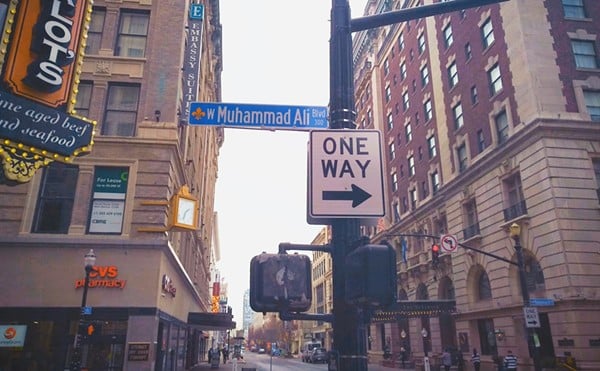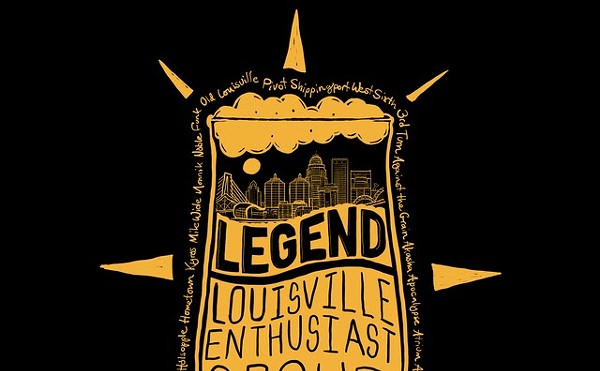Even if you’re not a John Waters fan — and why wouldn’t you be? — I can’t recommend the new “Hairspray” enough. It should be required viewing in American schools for its ability to entertain while educating about the importance of vigilance for our civil rights. (“Schoolhouse Rock” never really cut it for me.)
Waters has always been subversive, but when filtered through the other talents involved in transferring “Hairspray” to the stage and then back to the screen again, his material becomes downright revolutionary. Straight-facedly joining the 1960s civil rights unrest with the embryonic stirrings of the “fat acceptance” movement, the new “Hairspray” carries a powerful message that exhorts viewers to fight for the right to be themselves, by any means necessary.
That is not to say it is pedantic — far from it. The movie couches its message effortlessly in a dizzying whirlwind of cinematography and song, guaranteed to earn a rightful place alongside the best stage musicals brought to the screen. It’s much more lavish than either the stage production or the 1988 film — as would be expected with a $75 million budget (as opposed to a measly $2 million for the original).
The Baltimore circa-1962 costumes and sets are flawlessly executed, especially in the opening scene, as the camera slowly zooms in on a row-house-lined Baltimore street, eerily identical to the one in Hitchcock’s “Marnie.” John Waters himself appears in an overcoat, “flashing” passersby in a hilarious homage to Hitchcock, who always appeared as an anonymous walk-on in his own films.
Teenager Tracy Turnblad (Nikki Blonsky) longs to be on the local TV station’s “Corny Collins Show,” but the odds are against her: She’s not svelte. When her hair-sprayed coif violates her school’s “hair height” rule, she’s sent to an unsupervised detention room, where rebellious black and white kids have a chance to interact. Newcomer Blonsky is even sweeter than Ricki Lake, the original Tracy. (Lake appears here as a dance judge.) Blonsky’s prior roles were only in high school plays, proving that the same impossible dreams as Tracy’s can come true in real life.
And John Travolta is dancing again! He’s fantastic in Divine’s original role as Tracy’s mother Edna. His Baltimore accent is a hoot, and his choice not to deliver his lines in falsetto is refreshing. Christopher Walken delivers a surprisingly sensitive performance as Edna’s practical jokester husband, and Michelle Pfeiffer is suitably bitchy as the evil TV station manager’s wife, Velma Von Tussle.
But it’s Queen Latifah who really shines here, as local soul singer Motormouth Maybelle. She delivers the moving “I Know Where I’ve Been,” a portent of the civil rights struggles that characterized the ’60s. It’s easy to forget those times and hard to believe segregation ever existed. Considering the recent U.S. Supreme Court decision in Meredith vs. Jefferson County Board of Education (with its companion Seattle case), which nibbles at Brown vs. Board of Education, this film is especially relevant to Louisville audiences.
BY SHERRY DEATRICK
[email protected]





